Taiwan legislature condemns China’s ‘long-arm jurisdiction’ and misinterpretation of UN Resolution 2758
Taiwan’s Foreign Affairs and National Defense Committee passed motions denouncing China's alleged extraterritorial actions and its use of UN Resolution 2758 to justify sovereignty claims, asserting Taiwan's independence and right to international participation.
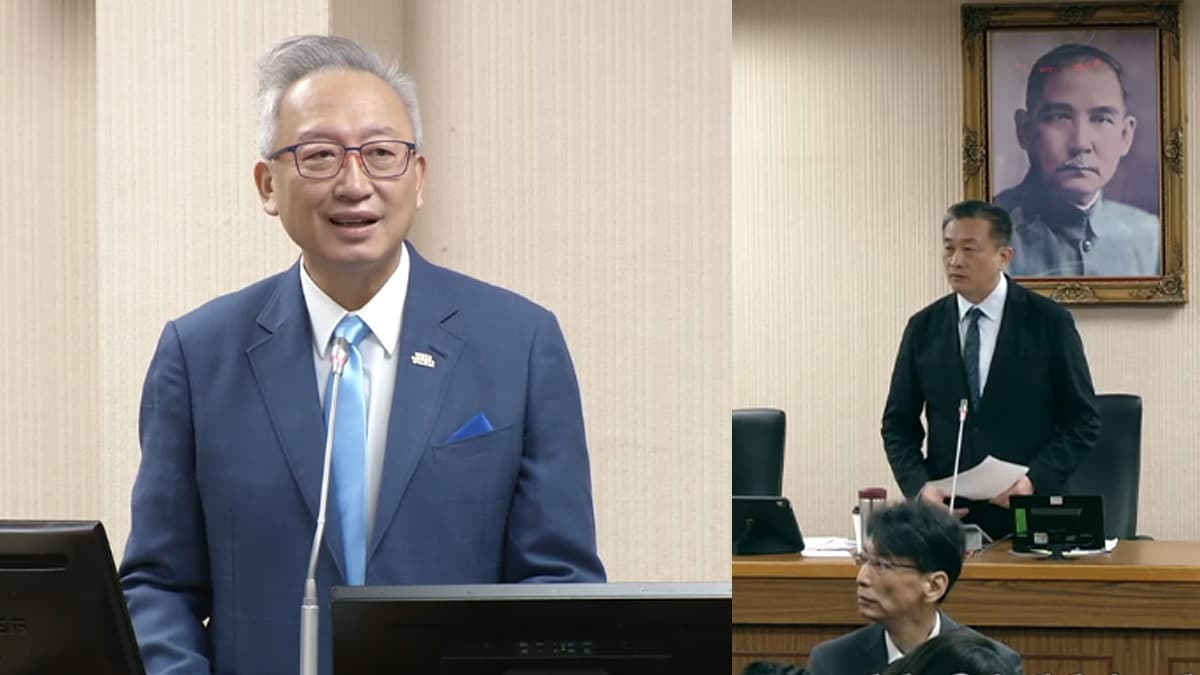
- Taiwan’s legislative committee passed motions opposing China’s attempts at “long-arm jurisdiction” and misinterpretation of UN Resolution 2758.
- The motions condemned Chinese provincial authorities for issuing bounties on Taiwanese nationals accused of “psychological warfare” and “separatist” activity.
- Taiwan’s government reaffirmed that the resolution does not address Taiwan’s sovereignty nor justify China’s claims over the nation.
Taiwan’s legislature took a firm stance on 24 November, as its Foreign Affairs and National Defense Committee passed two motions condemning what it described as China’s extraterritorial overreach and legal misinterpretation regarding the status of Taiwan.
The motions were introduced by Democratic Progressive Party (DPP) Legislator Wang Ting-yu (王定宇), the committee convener, and co-signed by three other DPP lawmakers. Both motions passed unanimously among the six members present. Legislators from the Chinese Nationalist Party (KMT) and Taiwan People’s Party were notably absent.
The primary motion condemned recent actions by Chinese provincial authorities, including the issuance of arrest bounties against Taiwanese citizens.
According to the motion, China “has no jurisdiction” over Taiwan and its people, and such actions are viewed as direct provocations and violations of Taiwan’s sovereignty.
This legislative response followed a public security notice issued by the Xiamen Public Security Bureau on 11 October, naming 18 individuals alleged to be part of a Taiwanese “psychological warfare unit.” The notice included their photographs and identification numbers, offering a reward of 10,000 yuan (approximately US$1,407) for information leading to their arrest on charges of “separatist activities.”
A similar notice was issued by Chinese authorities on 5 June, targeting 20 Taiwanese citizens it labelled “military hackers,” with the same monetary incentive for their capture.
In response, the committee reaffirmed that Taiwan would not accept such forms of “long-arm jurisdiction” by Beijing and emphasised that any attempt to criminalise Taiwanese citizens abroad constitutes a threat to the nation’s democratic autonomy.
A second motion passed during the same session focused on China’s long-standing invocation of United Nations General Assembly Resolution 2758.
The resolution, adopted in 1971, recognised the People's Republic of China (PRC) as the legitimate representative of China in the UN, replacing the Republic of China (ROC). However, Taiwan’s legislature argued that Beijing has consistently misinterpreted the resolution to assert sovereignty over Taiwan.
The motion stated that UN Resolution 2758 only addresses China’s representation in the UN and does not mention Taiwan, nor does it authorise the PRC to represent Taiwan or exclude it from international bodies. The motion explicitly refuted the PRC’s claim that the resolution supports its “one China” principle.
Prior to the passage of the motions, Deputy Minister of Foreign Affairs Wu Chih-chung (吳志中) delivered a comprehensive briefing to the committee.
His report examined Japan’s evolving defence strategy under Prime Minister Sanae Takaichi and assessed its implications for cross-strait and regional security.
Wu also outlined how the ministry views China’s actions as part of a broader pattern of diplomatic, economic, and legal pressure, and reiterated Taiwan’s stance on sovereignty and international participation.
The Ministry of Foreign Affairs, in a statement released the same day, echoed the legislature’s position. Foreign Minister Lin Chia-lung (林佳龍) expressed “sincere gratitude” for the committee’s action, noting that it reflects the will of Taiwan’s people and supports the government’s international engagement efforts.
The ministry reiterated Taiwan’s sovereignty, stating that the Republic of China (Taiwan) is a sovereign and independent state and has never been subordinate to the PRC. It cited international legal precedent, noting that the San Francisco Peace Treaty, not the Cairo Declaration or Potsdam Proclamation, governs Taiwan’s post-war status, and that Taiwan was never transferred to PRC authority.
The ministry’s statement also stressed that Resolution 2758 does not mention Taiwan, support the PRC’s “one China” framework, or legitimise the PRC’s representation of Taiwan in the UN. Only Taiwan’s democratically elected government has the authority to speak for its people in international settings.
It concluded with a call to the international community to resist Beijing’s alleged legal warfare, which it warned could be used to justify potential military aggression. The ministry urged global cooperation to defend peace and stability in the Taiwan Strait and the Indo-Pacific region.



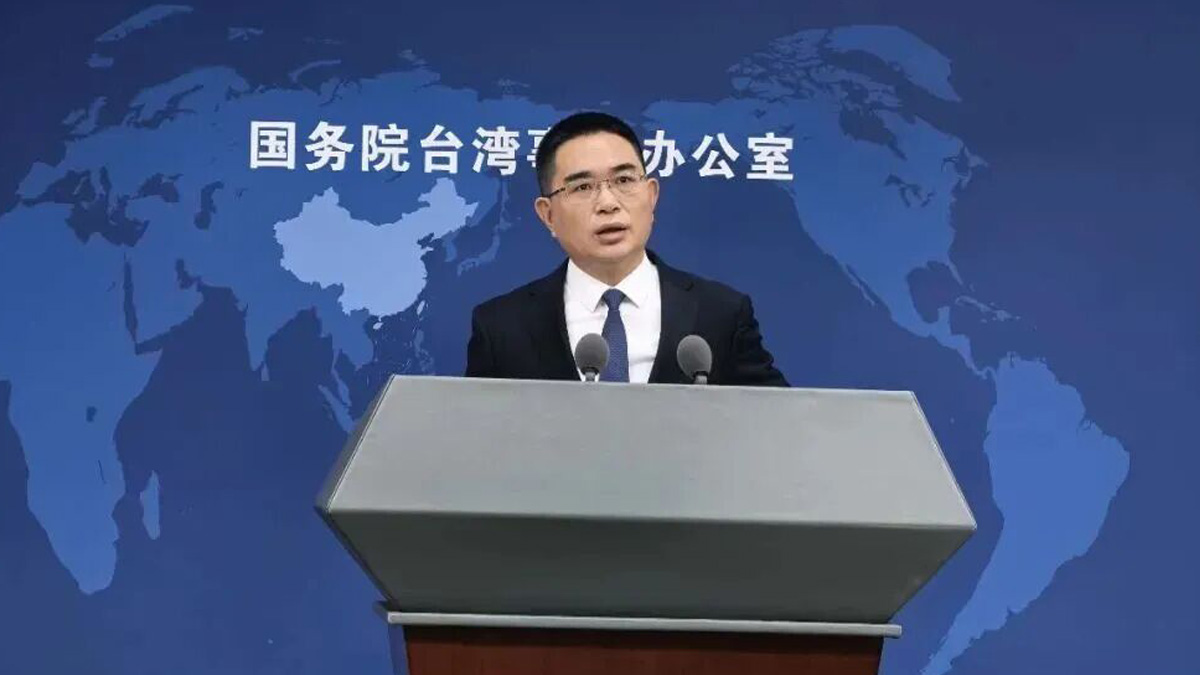
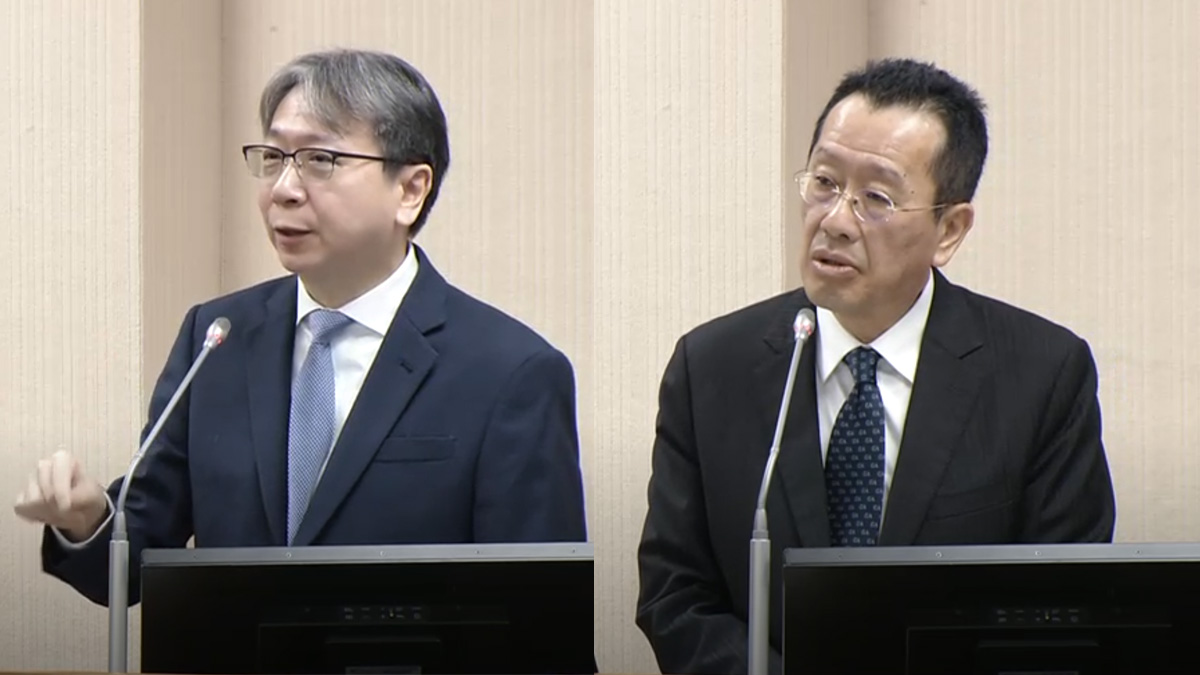
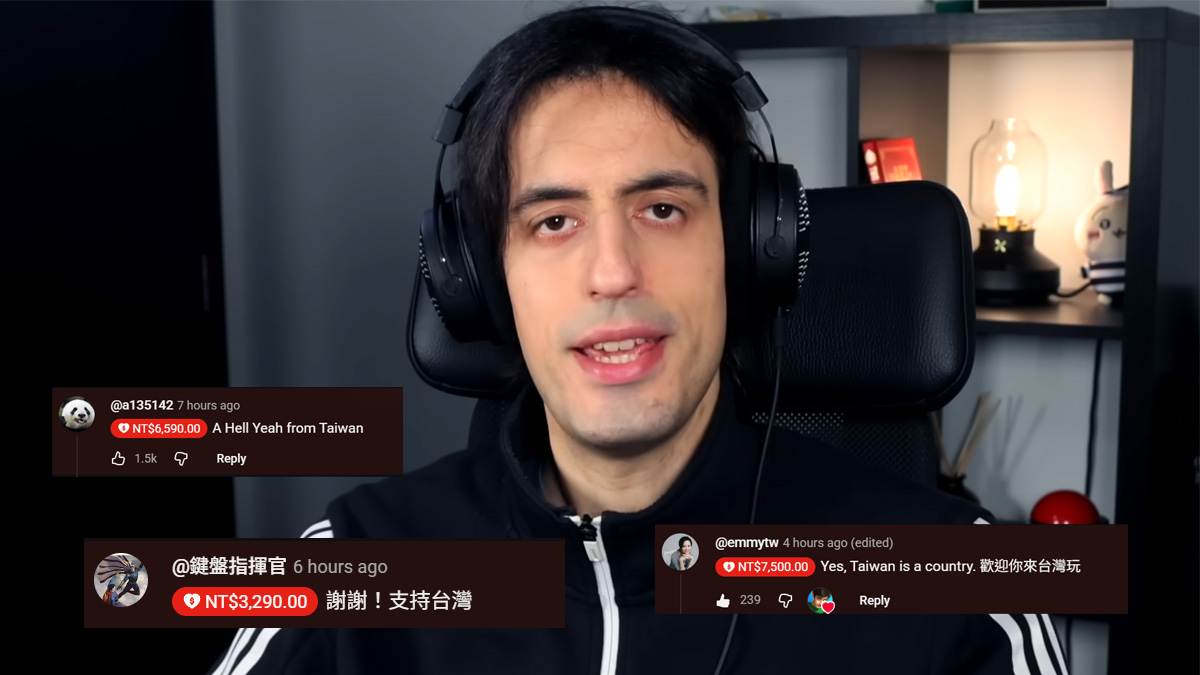
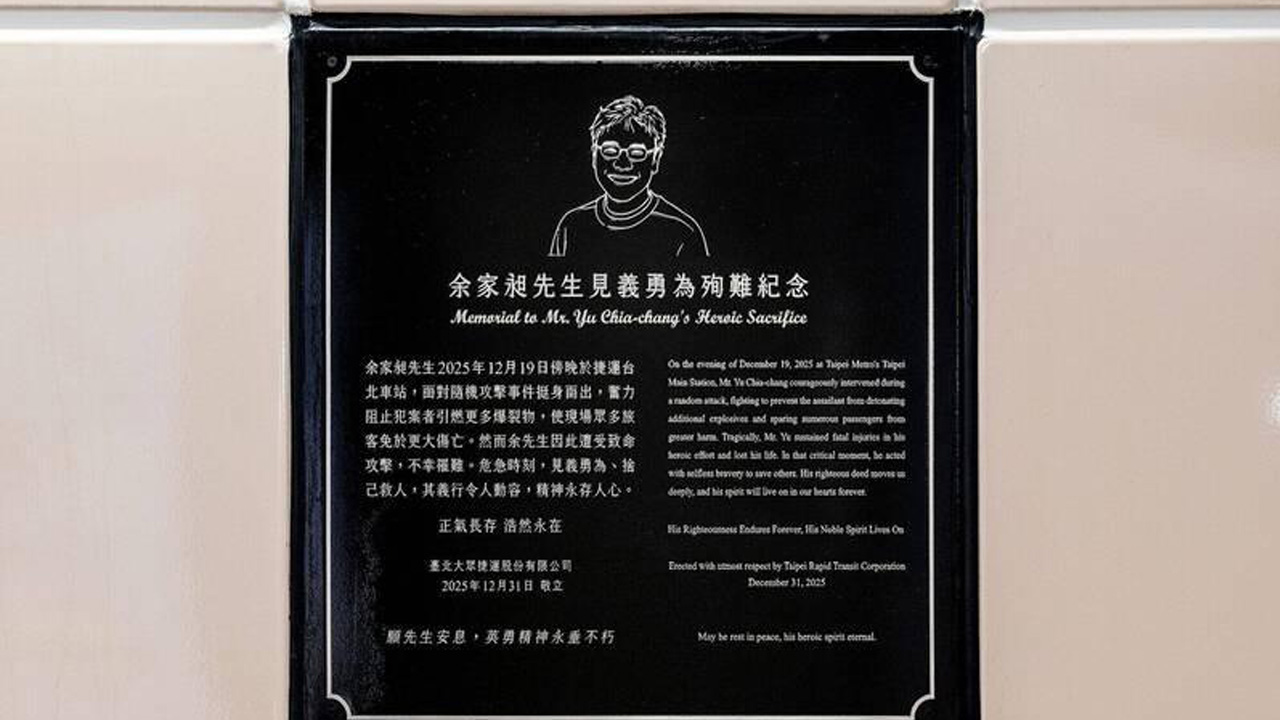
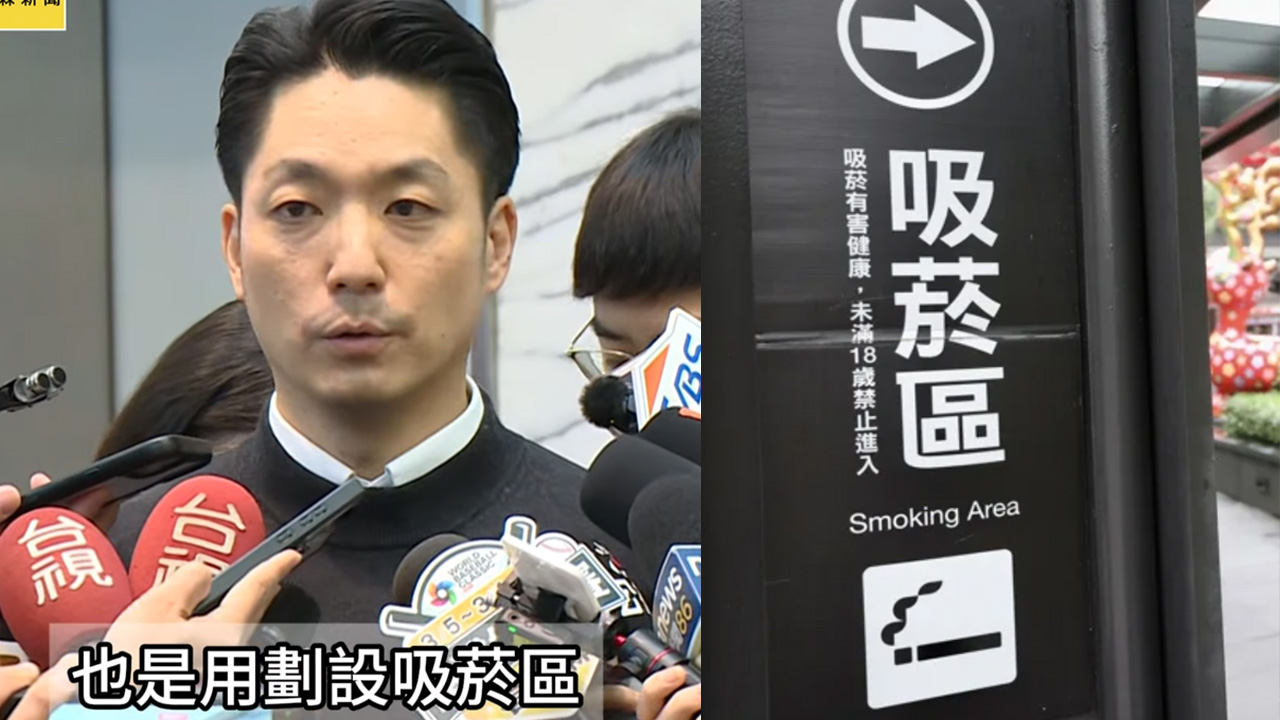


0 Comments